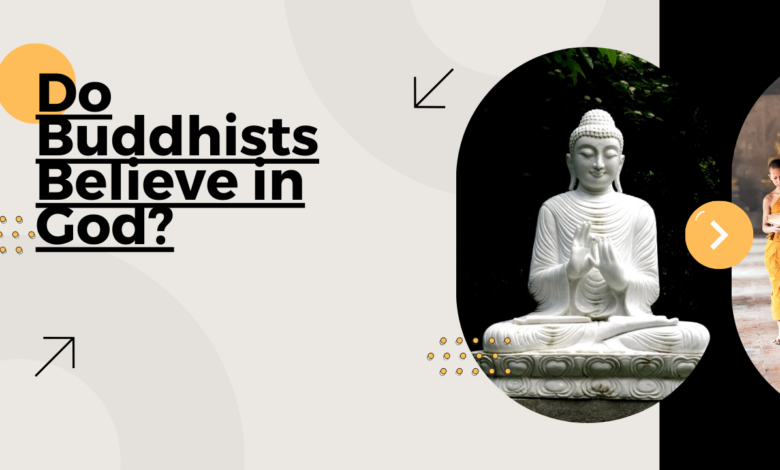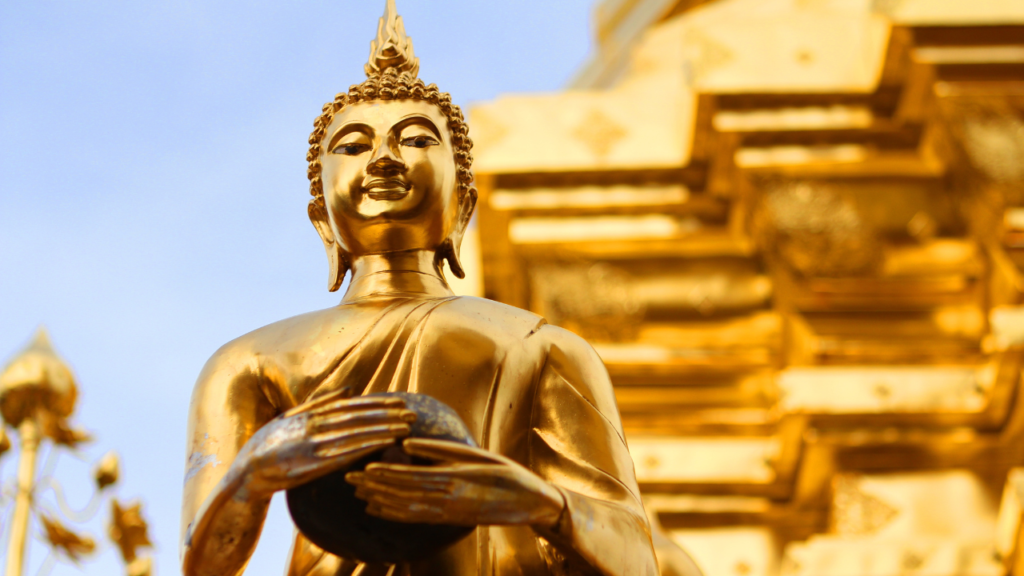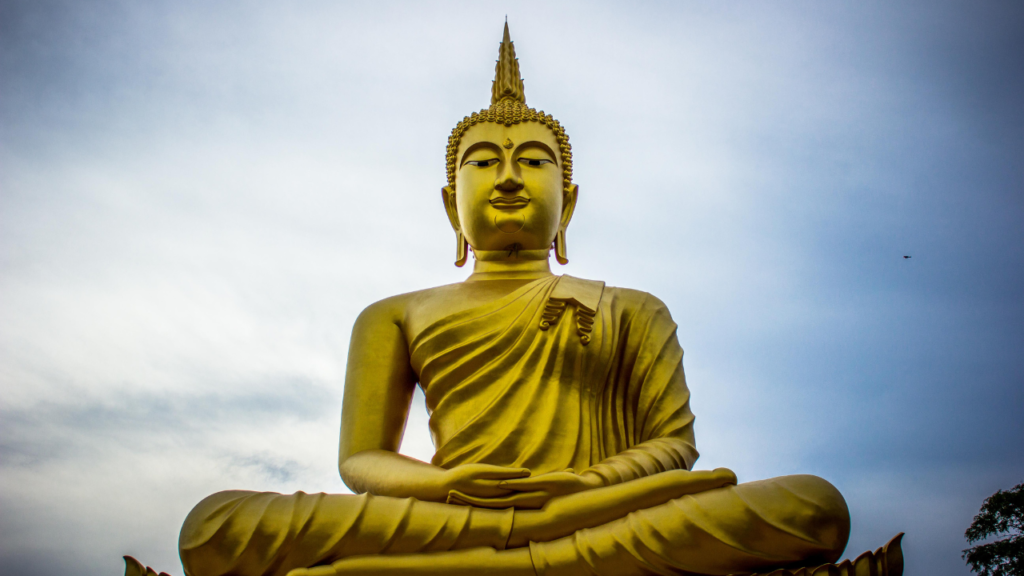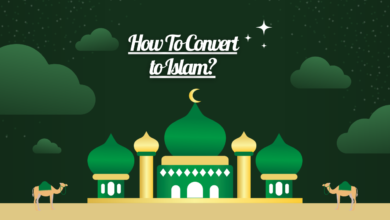Do Buddhists Believe in God?
Unveiling the Non-Theistic Nature of Buddhism: Do Buddhists Believe in God?

Do Buddhists Believe in God?
Buddhists do not believe in a personal, all-powerful God in the way many other religions do. Buddhism is often described as non-theistic because it lacks a central, creator deity.

Introduction
Buddhism, one of the world’s major religions, is known for its philosophical and spiritual depth. It has attracted followers worldwide due to its teachings on morality, meditation, and the nature of existence. However, when it comes to the concept of God, Buddhism stands apart from many other religions. In this article, we will explore the question: Do Buddhists believe in God?
The Nature of Buddhism
To understand the relationship between Buddhism and the concept of God, it’s essential to first comprehend the fundamental tenets of Buddhism. Buddhism was founded over 2,500 years ago by Siddhartha Gautama, also known as the Buddha. Siddhartha’s quest for enlightenment led him to explore the nature of suffering and the path to liberation. The core teachings of Buddhism are encapsulated in the Four Noble Truths and the Eightfold Path, which guide adherents toward the cessation of suffering and ultimate enlightenment, or Nirvana.
Also check.
- Which types of Clothes are Haram on Men?
- What does Jesus Eat?
- What is Hinduism Religion?
- Where did Islam Originate?
- What is Jesus Real Name?
No Personal God in Buddhism
One of the primary distinctions between Buddhism and many other religions, such as Christianity, Islam, or Hinduism, is the absence of a personal God. In Buddhism, there is no belief in a supreme, all-powerful deity who created and governs the universe. Instead, Buddhism emphasizes self-discovery and personal enlightenment.
The concept of God, as understood in theistic religions, involves a divine being with personal attributes who intervenes in the lives of individuals. Buddhism does not subscribe to this notion. The absence of a personal God has led some scholars to describe Buddhism as a non-theistic or atheistic religion, but it is more accurately described as non-theistic, as it doesn’t deny the existence of divine realms or spiritual beings.
Divine and Supernatural Elements in Buddhism
Although Buddhism does not revolve around a personal God, it acknowledges the existence of various supernatural and divine elements. Within Buddhist cosmology, there are different realms of existence, including heavenly realms, hellish realms, and realms of spirits and gods. These divine beings, or devas, are believed to be subject to their own karmic cycles and are not considered omnipotent creators. They do not play a central role in the path to enlightenment.
In some Buddhist traditions, especially Mahayana Buddhism, the concept of the Bodhisattva is important. Bodhisattvas are individuals who have attained enlightenment but choose to remain in the cycle of birth and death (samsara) to help all sentient beings achieve liberation. While Bodhisattvas are revered and venerated, they are not gods in the theistic sense.
Ultimately, the focus in Buddhism is on individual self-improvement, introspection, and achieving a state of personal enlightenment through meditation, ethical living, and the cultivation of wisdom. The absence of a personal God is a deliberate choice in the Buddhist worldview, as it allows for a more direct and personal engagement with the path to enlightenment.
Conclusion
In summary, Buddhists do not believe in a personal God in the traditional sense that many other religions do. Buddhism is a non-theistic belief system, emphasizing personal responsibility, self-awareness, and the quest for individual enlightenment. While Buddhism acknowledges the existence of divine and supernatural elements, these are not central to the path to liberation. Instead, Buddhists seek to understand and transcend suffering through their own efforts and practice. The absence of a personal God is a fundamental aspect of the philosophy and spirituality that makes Buddhism unique among the world’s major religions.

FAQs
Do Buddhists believe in God?
Buddhists do not believe in a personal, all-powerful God in the way many other religions do. Buddhism is often described as non-theistic because it lacks a central, creator deity.
Is Buddhism considered an atheistic religion?
Buddhism is not strictly atheistic, as it does acknowledge the existence of divine and supernatural elements. However, it is more accurately described as non-theistic, as it doesn’t revolve around the worship of a personal God.
What is the role of gods and deities in Buddhism?
In Buddhism, gods and deities are considered to be beings who exist in different realms but are still subject to the cycle of birth and death (samsara). They do not play a central role in the path to enlightenment.
Are there any divine beings in Buddhism?
Buddhism does recognize divine beings, known as devas, in its cosmology. These devas are not considered creators or omnipotent deities and do not have the power to grant salvation.
What do Buddhists focus on instead of God?
Buddhists primarily focus on personal enlightenment, self-improvement, ethical living, and meditation. The absence of a personal God allows for a more direct and personal engagement with the path to enlightenment.
Are there any exceptions to the non-theistic nature of Buddhism?
Some Buddhist traditions, particularly Mahayana Buddhism, venerate Bodhisattvas, enlightened beings who choose to remain in the cycle of samsara to help others. However, these Bodhisattvas are not gods in the traditional sense.
How does Buddhism view the concept of Nirvana?
In Buddhism, Nirvana is the ultimate goal, often described as a state of liberation from suffering and the cycle of samsara. It is achieved through one’s own efforts, not through the grace of a deity.
Can one be a Buddhist and believe in God simultaneously?
Buddhism does not require belief in God, so individuals can identify as Buddhists while maintaining their own personal beliefs in God or gods. Buddhism is often tolerant of diverse spiritual perspectives.



